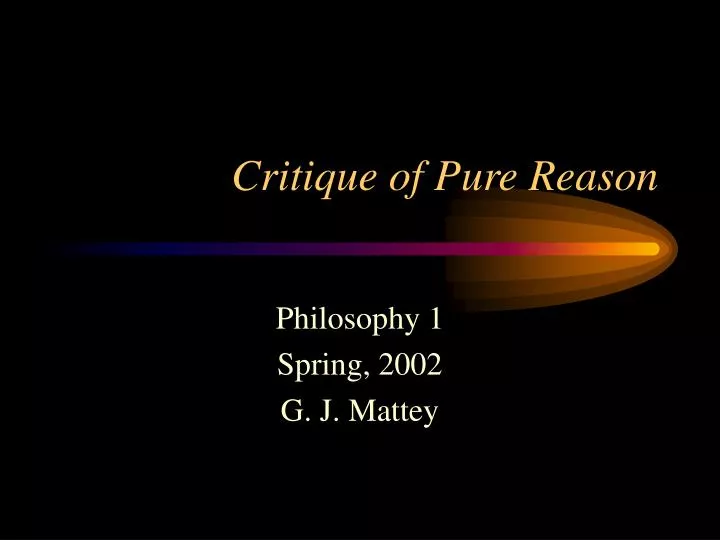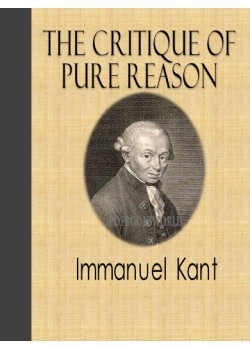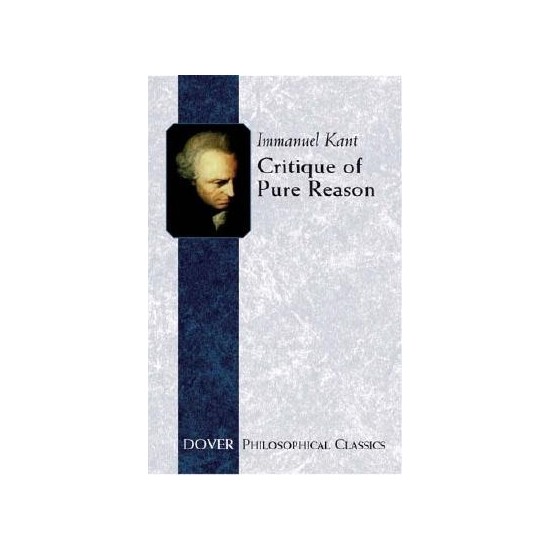

Presenting an examination of the nature of human reason, its central argument is that the way in which man perceives his environment is a direct consequence of the mind’s ability to act on this environment and convert it into something meaningful. The undetermined object of an empirical intuition is called appearance. Immanuel Kant’s Critique of Pure Reason is a core text of modern philosophy.

That intuition which is related to the object through sensation is called empirical. The effect of an object on the capacity for representation, insofar as we are affected by it, is sensation. But all thought, whether straightaway (directe) or through a detour (indirecte), must ultimately be related to intuitions, thus, in our case, to sensibility, since there is no other way in which objects can be given to us. Objects are therefore given to us by means of sensibility, and it alone affords us intuitions but they are thought through the understanding, and from it arise concepts. To the Critique of Pure Reason, therefore, belongs all that constitutes transcendental philosophy and it is the complete idea of transcendental philosophy, but still not the science itself because it only proceeds so far with the analysis as is necessary to the power of judging completely of our synthetical knowledge priori. The capacity (receptivity) to acquire representations through the way in which we are affected by objects is called sensibility.

This, however, takes place only insofar as the object is given to us but this in turn, is possible only if it affects' the mind in a certain way. It presents a profound and challenging investigation into the nature of human reason, its knowledge and illusions. In whatever way and through whatever means a cognition may relate to objects, that through which it relates immediately to them, and at which all thought as a means is directed as an end, is intuition.


 0 kommentar(er)
0 kommentar(er)
